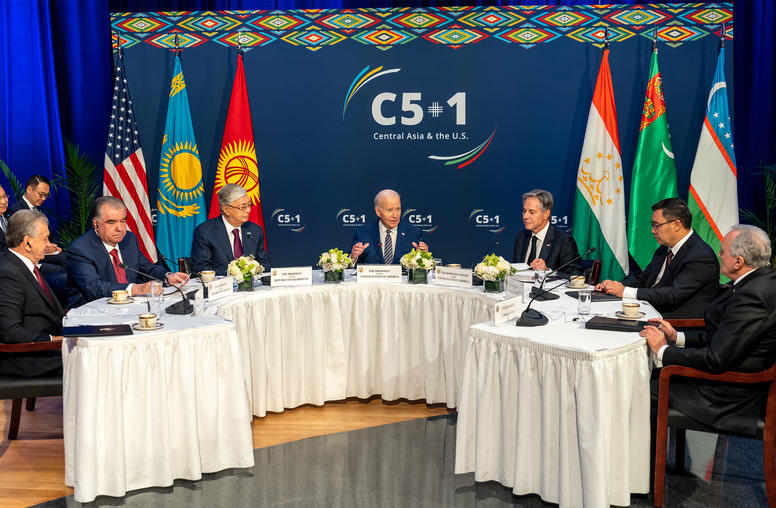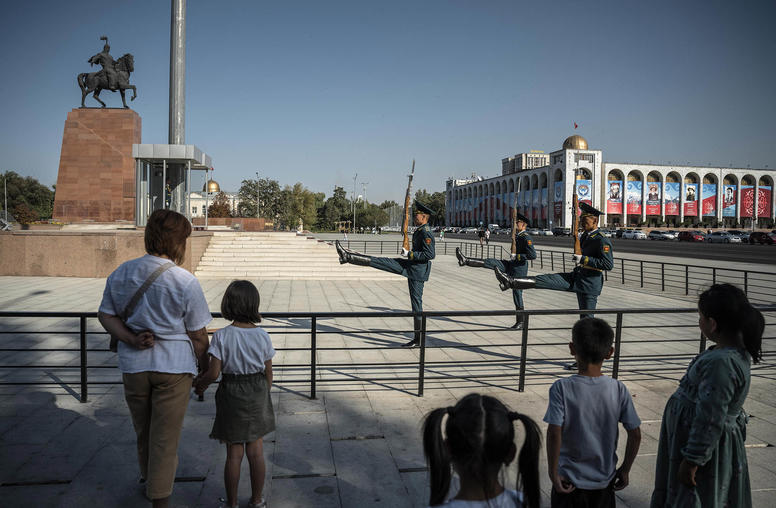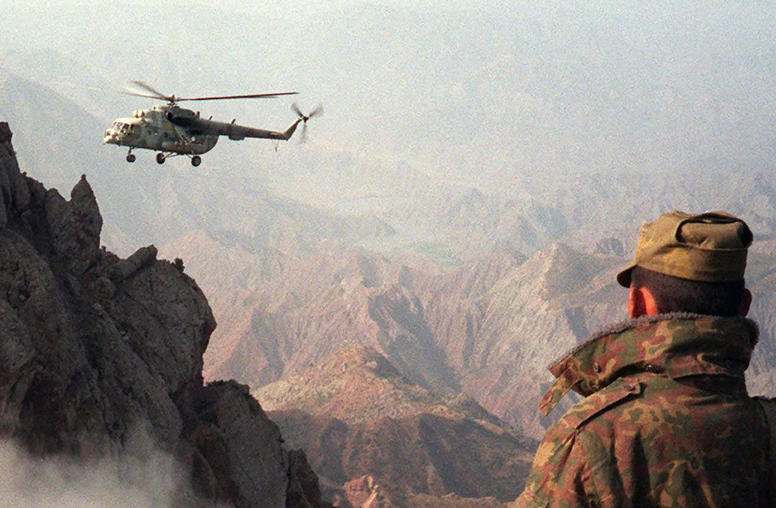Thirty Years of U.S.-Tajikistan Partnership: What’s Next?
A Look at Past Achievements and the Path Forward
February marks 30 years since the establishment of diplomatic relations between the United States and the Republic of Tajikistan. Over those three decades, the U.S.-Tajik bilateral relationship has evolved and developed into a strong partnership on security, economic, energy and people-to-people cooperation that has made significant contributions to regional connectivity and energy issues. Tajikistan is also a member of the C5+1 diplomatic platform, which brings together the five republics of Central Asia and the United States to enhance regional cooperation and coordination on the shared goal of an independent, prosperous and secure Central Asia. In recognition of American support to Tajikistan, USAID recently opened a full mission in Tajikistan.
Major global and regional developments over the past year — including the U.S withdrawal from Afghanistan — are factors in the path forward. While great bilateral progress has been made, Tajikistan’s economic growth has slowed due to the COVID-19 pandemic, and the impact of these global and regional events will create additional challenges as Tajikistan aims to address its economic and development needs.
On April 14, USIP hosted a conversation that brought together current officials and leading experts to examine new opportunities and challenges during this highly fluid period in the region.
Speakers
Andrew Wilder, welcoming remarks
Vice President, Asia Center, U.S. Institute of Peace
Farhod Salim, keynote remarks
Deputy Minister of Foreign Affairs of the Republic of Tajikistan
Donald Lu, keynote remarks
Assistant Secretary, Bureau of South and Central Asia Affairs, U.S. State Department; Former U.S Ambassador to Kyrgyzstan
John M. Pommersheim
U.S. Ambassador to the Republic of Tajikistan
Hamralizoda Farrukh Mahmud
Tajikistan Ambassador to the United States
Parviz Muhammadzoda
Deputy Director, Center for Strategic Studies under the President of the Republic of Tajikistan
Zuhra Halimova
Independent consultant, strategic advisor, Women in Digital Transformation (WINDT)
Gavin Helf, moderator
Senior Expert, Central Asia, U.S. Institute of Peace



